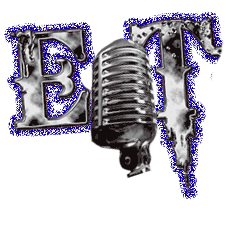AC/DC RELEASE VIDEO FOR “ROCK THE BLUES AWAY”

AC/DC premiered the video for Rock The Blues Away, the third video from their latest studio album Rock Or Bust. The video was shot in Los Angeles in February immediately after the band delivered an explosive performance at this year’s Grammy Awards. Watch it below. AC/DC recently announced North American tour dates starting on August […]
DEF LEPPARD FRONTMAN JOE ELLIOTT SAYS THE BAND HAS COMPLETED RECORDING THEIR NEW ALBUM
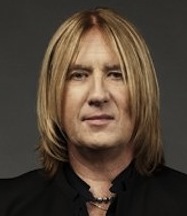
Def Leppard frontman Joe Elliott reports the band have completed the recording of their eleventh studio album. Originally planned as an EP, the follow-up to 2008’s Songs From The Sparkle Lounge developed into a full album when the band completed a run of writing sessions last spring. Elliott said on his Planet Rock radio show, […]
GUITARIST RICHIE KOTZEN RELEASES TEASER FOR LIVE DVD
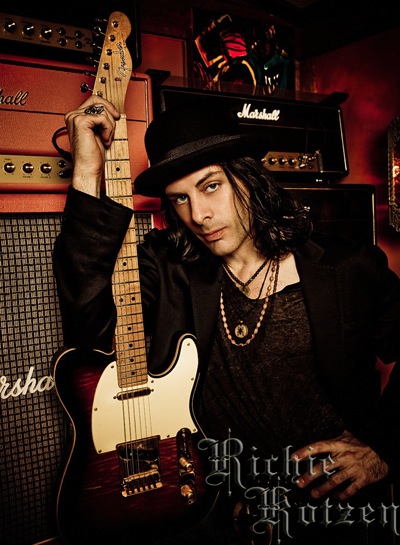
Guitarist, singer, songwriter Richie Kotzen has released an 18 minute preview of his upcoming solo live DVD, see it below. Kotzen says, “Something that’s going to be appearing soon is a live DVD. I’ve got a very rough cut here – so rough that you can see the time code – but I figured, why […]
DRUMMER DAVE LOMBARDO AND GUITARIST JOHN 5 ON THIS WEEK’S “THAT METAL SHOW”
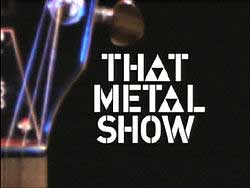
With Season 14 of That Metal Show already making history (the Season 14 premiere was the second most watched Season Premiere in the history of the series) VH1 Classic’s centerpiece in original programming returns with an all-new episode this Saturday at 9:00PM ET/PT, repeating at 11:00PM ET/PT. This week Philm drummer and “the godfather of […]
KISS PERFORMS ACOUSTIC SET AT FAN MEET-AND-GREET IN JAPAN
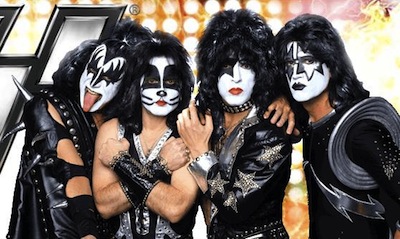
KISS fans who paid for VIP tickets on March 3rd at the Tokyo Dome in Japan were able to watch the band perform a small acoustic set during soundcheck which included a version of the 1962 blues song You Shook Me. Video footage of the performance can be seen below. KISS Ultimate Experience acoustic live […]
DRUMMER STEVEN ALDER SAYS HE WOULD LOVE TO DO A GUNS N’ ROSES REUNION TOUR
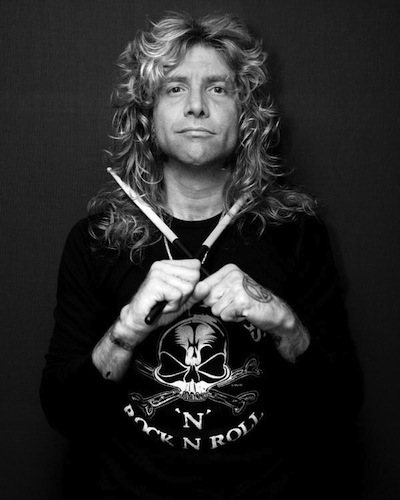
Original Guns N’ Roses drummer Steven Adler was a guest on the March 2nd episode of Eddie Trunk Live and proudly proclaimed, “I have 423 days sober.” Adler went on to say, “The whole reunion thing, I would love to do it just because there’s two decades of new fans who’ve never seen what the […]
